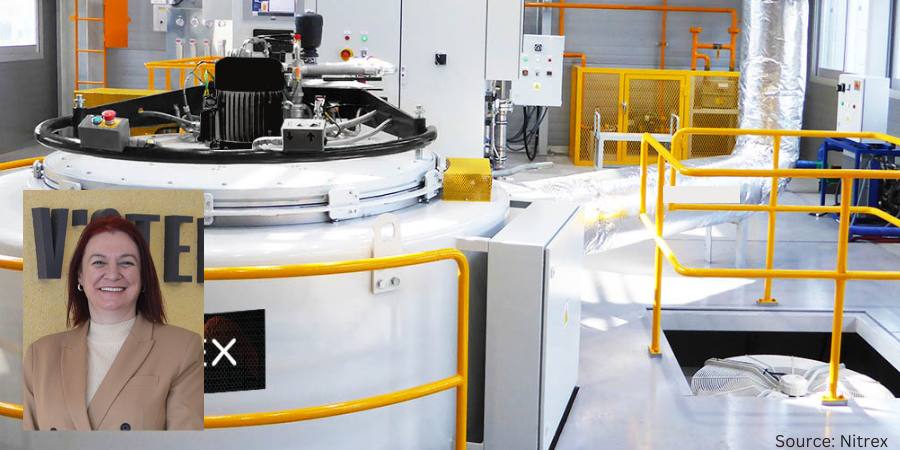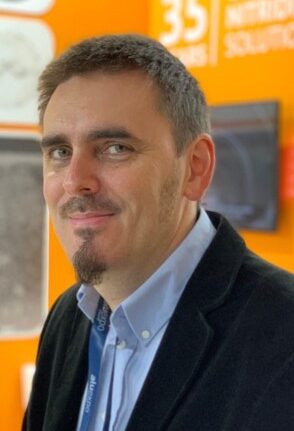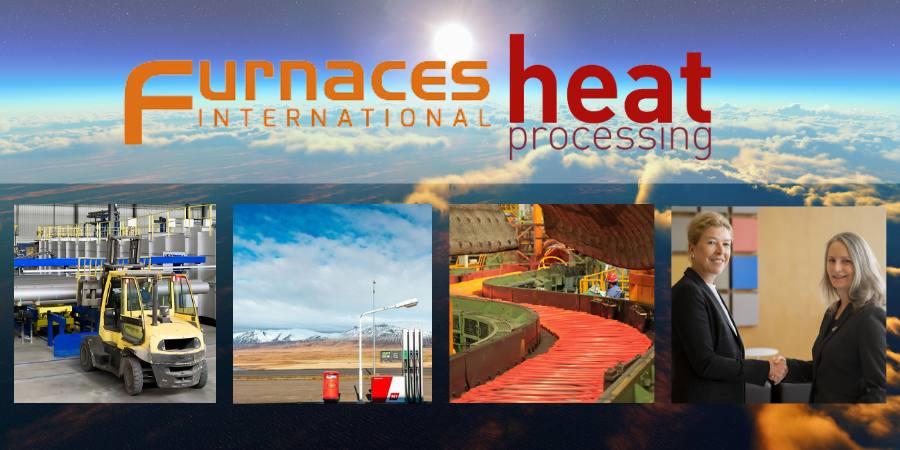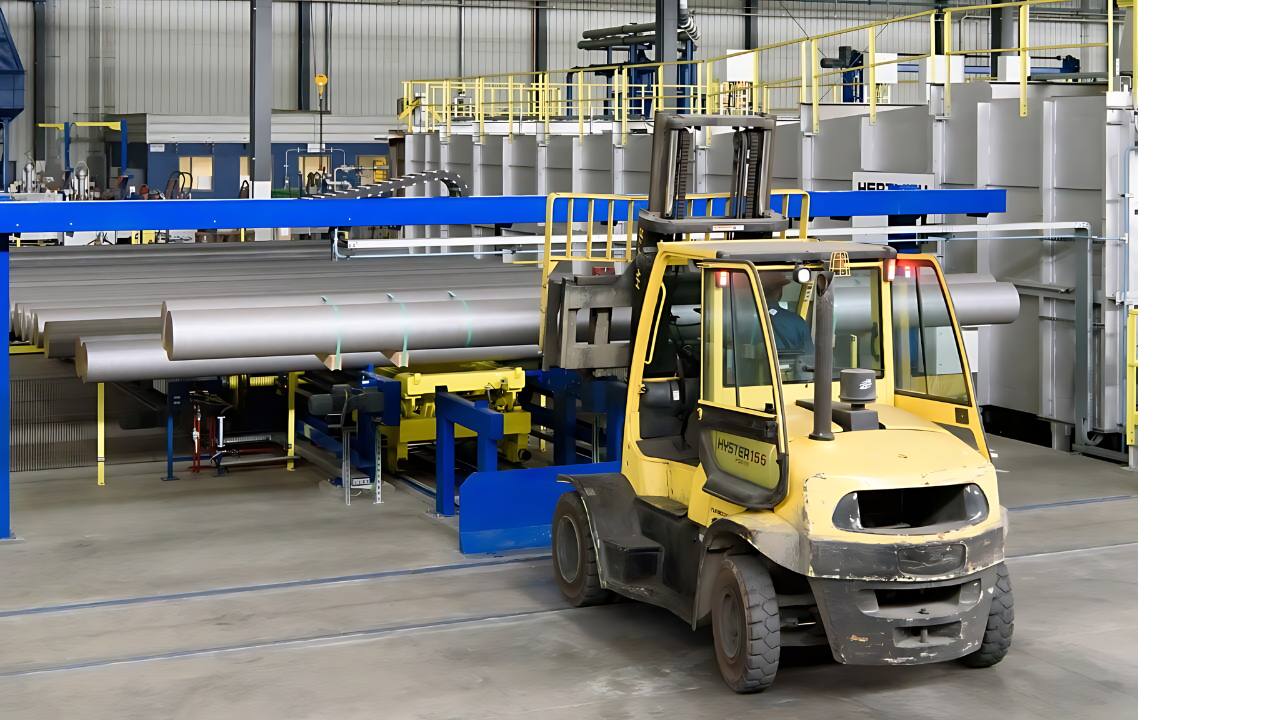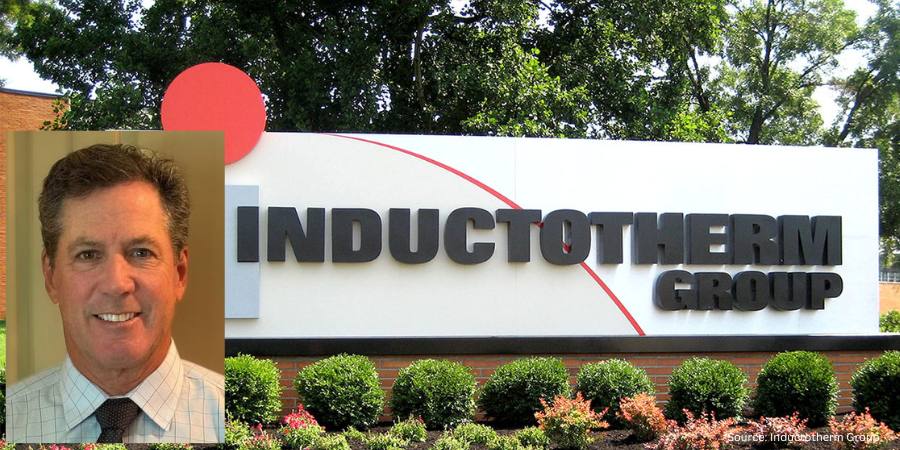Sanbao Group Boosts Heat Treatment Capabilities with 3 Annealing and Coating Lines
Steelmaker Sanbao Group has expanded its heat treatment operations with three annealing and coating lines for non-grain oriented (NGO) silicon steel. The equipment enhancement is part of the company’s entry into the field of silicon steel production.
Sanbao contracted with Tenova LOI Thermprocess, an industrial furnace supplier, for the heat treatment furnaces intended for processing metals. Two electric arc furnaces (EAF) previously supplied by Tenova Group have been installed and put into operation.
A signing ceremony was held at the headquarters of Sanbao Iron & Steel Co., Ltd., in Zhangzhou, China, as part of the company’s “Cold rolled Silicon Steel and Metal Products Deep Processing Project”, a new greenfield project for electrical steel that aims to obtain the highest surface quality and best magnetic properties in NGO electrical steel for Southeast China.

Senior Vice President of Sales
Tenova LOI Thermprocess
Source: LinkedIn
“Tenova and Sanbao have already collaborated successfully establishing Tenova’s Consteel® technology and the successful references of Tenova LOI Thermprocess in the heat treatment of electrical steel and great efforts in the research & development in this sector fully convinced us to this investment,” stated Wang Guangwen, chairman of Sanbao Group.
“It was a great honor for us to participate in the signing ceremony of the Sanbao Group in Zhangzhou, which emphasizes their trust in our technology,” stated Sascha Bothen, senior vice president sales, Tenova LOI Thermprocess. “We are proud to further strengthen the cooperation and work together to help propel forward the green energy transition in the steel industry.”
Included in the featured image: Wang Guangwen, chairman of Sanbao Group; Dong Guibo, vice general manager of Sanbao Group; Sascha Bothen, senior vice president of sales, Tenova LOI Thermprocess; and Wolfgang Eggert, general sales manager, Tenova LOI Thermprocess.
The press release is available in its original form here.
Find heat treating products and services when you search on Heat Treat Buyers Guide.Com
Sanbao Group Boosts Heat Treatment Capabilities with 3 Annealing and Coating Lines Read More »





